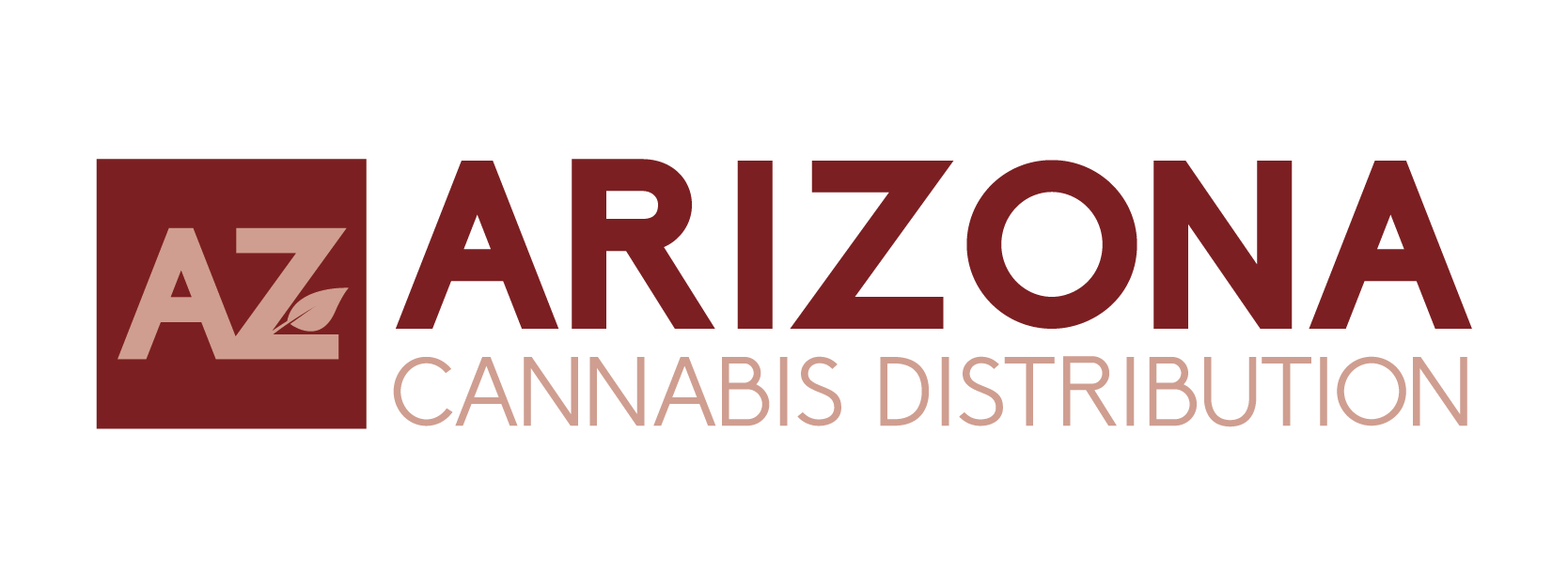Arizona’s cannabis distribution sector operates under a well-defined legal framework established by the Arizona Department of Health Services (ADHS) and shaped by the 2020 passage of Proposition 207, also known as the Smart and Safe Arizona Act. This act legalized adult-use cannabis and expanded the state’s existing medical marijuana infrastructure into a dual-license system for cultivation, retail, manufacturing, and transportation. However, cannabis distribution—specifically third-party logistics or standalone distribution licensing—remains highly regulated and narrowly defined.
Licensing Structure and Vertical Integration
Unlike California or Nevada, Arizona does not issue standalone distribution licenses. Instead, licensed marijuana establishments—defined as vertically integrated businesses—may engage in distribution as part of their broader operations. This means only entities that hold a Marijuana Establishment License, which includes the ability to cultivate, manufacture, and sell cannabis, are permitted to transport and distribute cannabis products. Third-party logistics (3PL) providers without this license are not permitted to handle cannabis, even for last-mile delivery between licensed operators.
According to the ADHS Marijuana Program, all cannabis transported within the state must be moved between licensed facilities by authorized employees or agents of a licensed establishment. Transportation must comply with specific packaging, manifest, and vehicle requirements outlined in A.A.C. R9-18-319.
Transport Regulations and Security Requirements
Vehicles used for cannabis transport must be unmarked, locked, and equipped with a GPS tracking system. All products must be sealed in tamper-evident packaging, and drivers must carry a detailed transport manifest that matches the ADHS seed-to-sale tracking system. Any deviation from the approved route or manifest can result in penalties or license suspension.
Cannabis transport must occur only during business hours, and no overnight storage is permitted in unlicensed vehicles. Additionally, dual driver protocols are encouraged for high-value or large-scale transfers, although not mandated by law.
Read More: Safeguarding Cannabis: How Arizona Distributors Keep Products Fresh and Safe
Seed-to-Sale Tracking and Metrc Compliance
Arizona uses Metrc (Marijuana Enforcement Tracking Reporting & Compliance) as its official seed-to-sale tracking software. All distribution activity, including batch transfers and deliveries between licensees, must be logged in real time within Metrc. Distributors are responsible for maintaining detailed audit trails, including timestamps, vehicle details, and receiving party confirmations.
Failure to comply with Metrc reporting standards can result in regulatory fines or audits. Licensees must also ensure their agents are trained and credentialed in Metrc use, per ADHS guidelines.
Enforcement and Compliance Monitoring
The ADHS Office of Cannabis Programs oversees routine inspections and investigates potential violations. In 2024, the agency increased its enforcement staff and compliance audits, particularly focusing on product diversion risks during interfacility transfers. Cannabis distributors must retain transport records for a minimum of three years and be prepared for both scheduled and unannounced audits.
In Summary
Cannabis distribution in Arizona remains a privilege reserved for vertically integrated license holders. With stringent rules surrounding transport, tracking, and security, cannabis distributors must stay vigilant and informed. Adhering to the ADHS and Metrc guidelines is not just a regulatory requirement—it’s a safeguard for Arizona’s legal market and public safety.
For detailed regulations, refer to:
Arizona Administrative Code Title 9, Chapter 18 – ADHS Medical Marijuana
